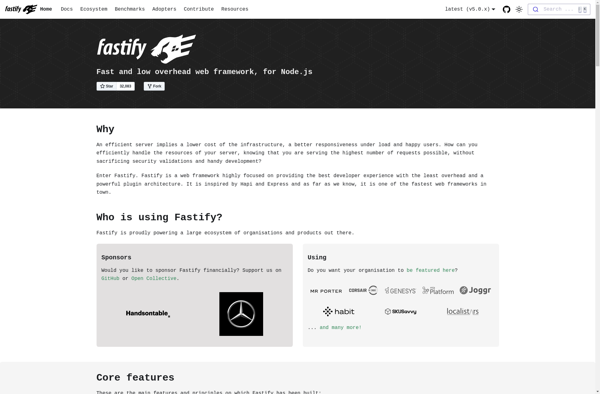Espresso Framework
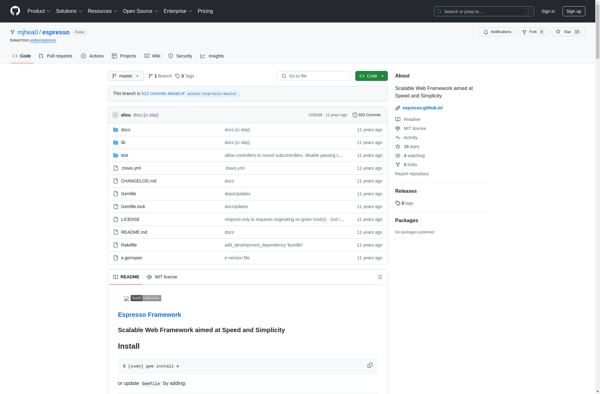
Espresso Framework: Open Source End-to-End Testing for Android & iOS
An open source end-to-end testing framework for native and hybrid Android and iOS applications, allowing developers to write automated UI tests
What is Espresso Framework?
The Espresso Framework is an open source testing framework developed by Google to make automated user interface (UI) testing for Android applications easier and faster. It uses the Espresso testing API to create and run tests that interact with app UI elements and validate results, simulating common user actions.
Some key features of Espresso Framework include:
- Easy API for writing concise and reliable Android UI tests
- Synchronization capabilities to ensure tests run reliably against app UI states
- Ability to mock intents to simulate user navigation scenarios
- Built-in assertions for validating UI elements and behaviors
- Supports testing across a range of Android devices and Android versions
Espresso tests run optimally fast by operating directly on the app UI thread. This eliminates delays and synchronization issues. The framework also provides automatic test failure detection and debugging mechanisms to pinpoint the root cause behind test failures.
Overall, Espresso Framework streamlines and accelerates Android app test automation. Developers can leverage it to validate app functionality and user flows during agile development cycles and continuous delivery pipelines.
Espresso Framework Features
Features
- Supports writing UI tests for Android and iOS apps
- Provides APIs for interacting with views and asserting state
- Supports synchronization with background tasks
- Integrates with JUnit for test running and reporting
- Supports parallel test execution
- Provides a test recorder to generate tests
Pricing
- Open Source
Pros
Cons
Official Links
Reviews & Ratings
Login to ReviewThe Best Espresso Framework Alternatives
Top Development and Testing and other similar apps like Espresso Framework
Here are some alternatives to Espresso Framework:
Suggest an alternative ❐Zepto.js
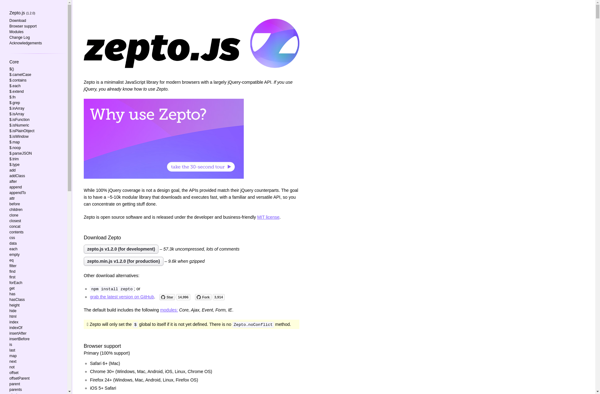
Ember.js
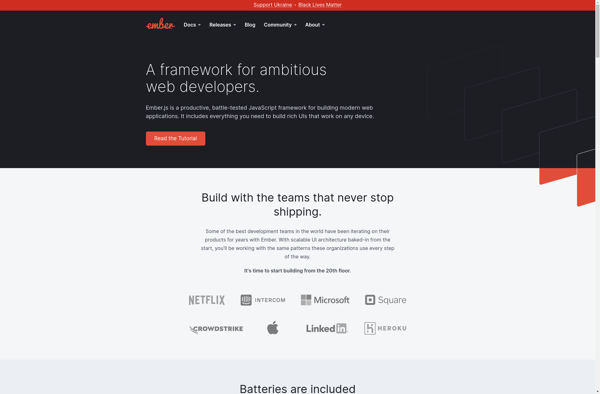
AngularJS
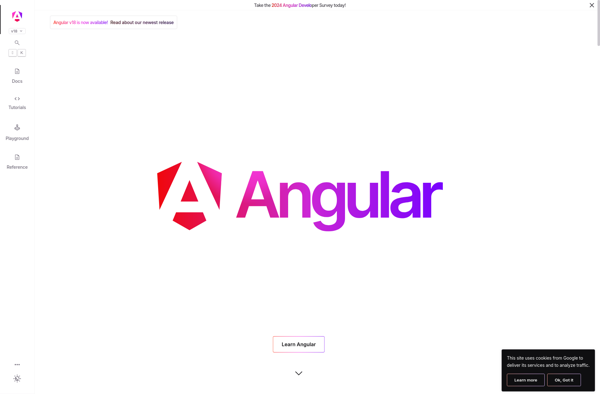
Backbone.js
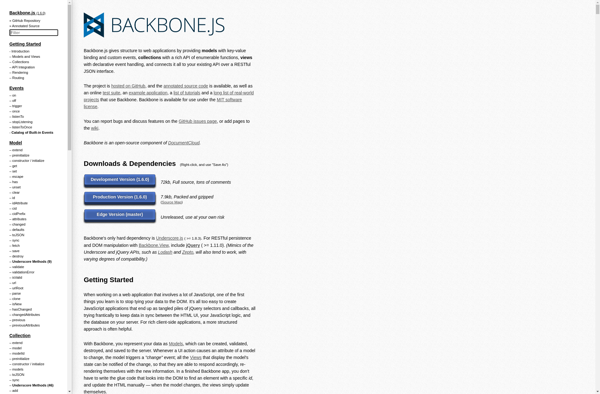
Polymer
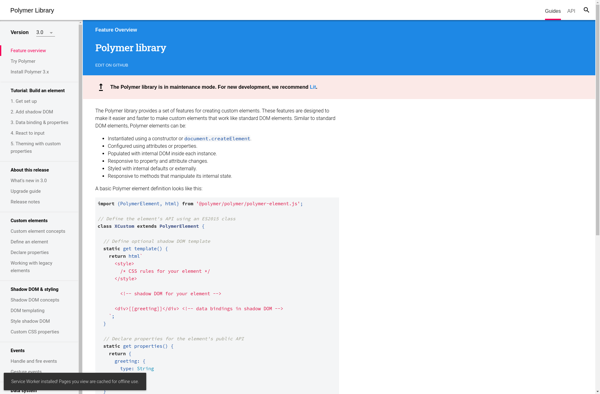
ExpressJS
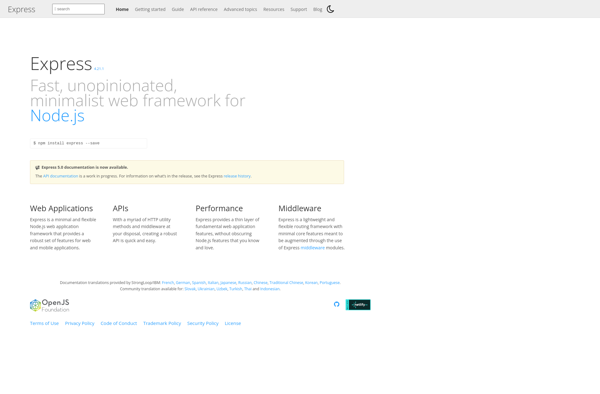
KnockoutJS
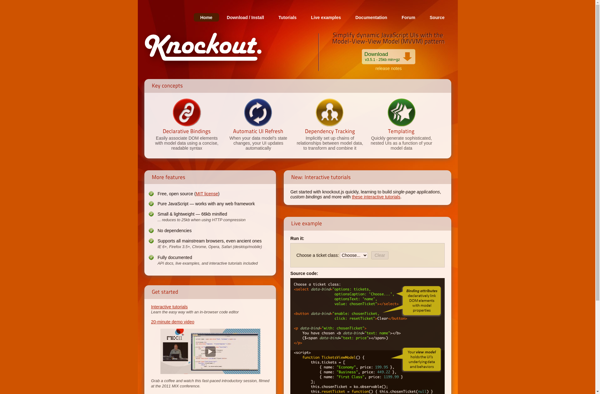
Famous Engine

Fastify
